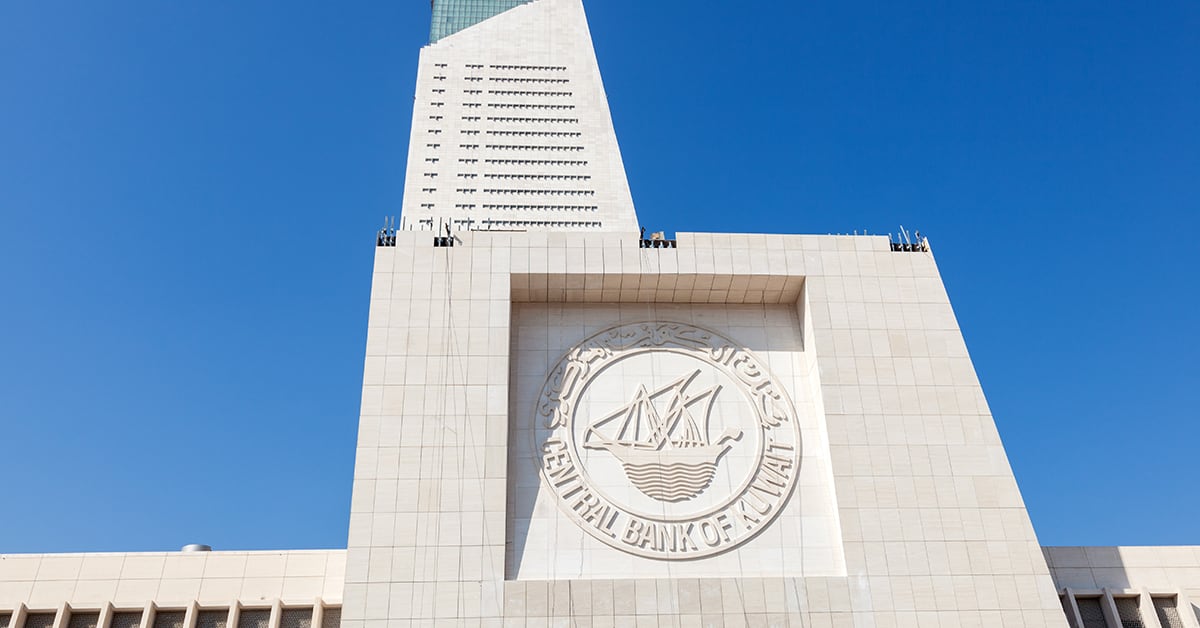The Central Bank of Kuwait has led calls for economic reform as political deadlock threatens a liquidity crunch.

Kuwait appointed Basel Ahmed Salem al-Haroun as its latest central bank governor. Al-Haroun, who took up the position on April 1, has a five-year term. He succeeds Mohammad Yousef al-Hashel, who reportedly asked for his term not to be renewed. The Kuwaiti government appoints the governor and deputy governor on the recommendation of its finance minister. The new governor’s appointment comes at a critical juncture for Kuwait’s economy, which remains heavily dependent on oil revenue.
The Central Bank of Kuwait (CBK) has led calls for economic reform as political deadlock threatens a liquidity crunch. Kuwait’s parliament repeatedly stymied attempts to pass a crucial public debt law to enable the government to issue debt.
Fitch Ratings “assumes that a debt law will be agreed in 2022, although some uncertainty remains,” the agency wrote in a rating action commentary. Meanwhile, plans for economic diversification saw the central bank issue guidelines for establishing digital banks. Applications must be submitted by June 30, and CBK will grant approvals by year-end.
Last month, Kuwait followed other central banks in the Gulf Cooperation Council (GCC), raising its discount rate by 25 basis points in response to the US Federal Reserve’s decision to hike rates by a quarter of a percentage point. Kuwait is unique among its regional counterparts in that the dinar is pegged to an undisclosed basket of currencies, in contrast to other GCC members that peg their currencies to the US dollar.
According to some analysts, the Fed’s aggressive policy toward inflation and expectation of further rate increases could impact Gulf economies as they emerge from the economic downturn inflicted by Covid-19. For example, Kuwait’s economy contracted 8.9% at the height of the pandemic in 2020. Still, Russia’s invasion of Ukraine and the concomitant rise in oil prices is providing Gulf economies, including Kuwait, with windfall revenue.
In the first quarter, Kuwait’s GDP is expected to grow 11.5% year on year, up from 9.5% from the previous year, according to Capital Economics. It forecasts that the emirate will have a budget surplus of more than 20% of GDP.
However, last month saw Fitch Ratings downgrade Kuwait’s long-term ratings to AA- from AA, citing the country’s “ongoing political constraints on decision-making that hinder addressing structural challenges related to heavy oil dependence, a generous welfare state and large public sector.”



